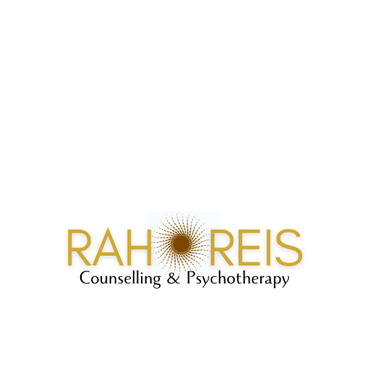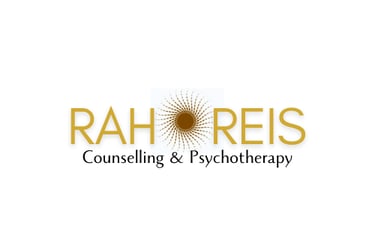When Therapy Feels Ineffective
5/4/20252 min read


Recently, I watched some videos where people said their therapy sessions weren’t effective. One person, in particular, mentioned that traditional talk therapy made their emotional dysregulation worse because they felt overwhelmed after discussing their trauma.
Interestingly, the type of therapy they described sounds a lot like a person-centered approach, where the therapist mainly listens and asks questions in a very empathic way—but doesn’t offer many additional tools. While this approach can work for who needs to ventilate, it doesn’t always help those who feel re-traumatized by repeatedly talking about their experiences.
That’s why some individuals think therapy is only about talking and may even compare it to chatting with a friend. If you felt your therapist wasn’t offering much insight, it could be related to their therapeutic style or you need more time to build trust. Person-centered therapy is the most common approach and is crucial in the therapeutic process. In fact, it’s typically the foundation for many therapists. Its core principles include providing unconditional positive regard, building rapport, and validating a client’s feelings.
However, one aspect of person-centered therapy is that therapists avoid judging or directing the client. This can possibly make them appear distant or as though they’re not offering enough input. Another approach that can be misunderstood is positive psychology. In this approach, the therapist focuses on the client’s strengths and potential solutions. However, if it is used exclusively, it can inadvertently invalidate the client’s feelings or cause discomfort if the client cannot recognise their own strengths.
A resourceful therapist offers therapeutic tools including those that don’t rely heavily on verbal expression. These non-verbal methods can address trauma without forcing someone to relive every detail in words.
Ultimately, finding the right fit often involves understanding how a particular therapeutic style aligns with your needs. If you feel overwhelmed or believe your therapy isn’t helping, it can be beneficial to discuss your concerns directly with your therapist. You might also explore different approaches or consider seeking a therapist whose methods resonate more with you.
Some of the approaches I enjoy use a “soul-level” perspective, where I integrate art therapy, tarot and family constellation . Effective therapy should feel supportive, collaborative, and attuned to your emotional well-being, Please don’t give up on therapy! all you need is to find a good match.


